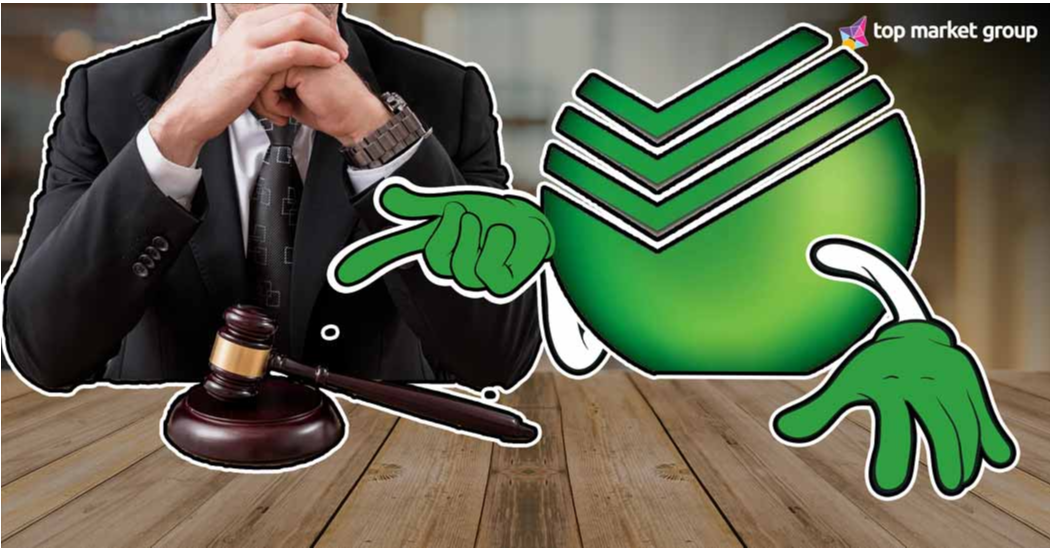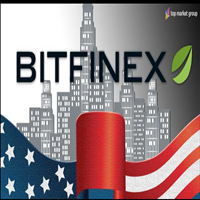Russia’s largest bank Sberbank has requested that a consumer provide data on their financial gain from cryptocurrency, the Russian version of Forbes reported on May 17.
Co-founder of cryptocurrency trading platform Toxenbox.io, Vladimir Smerkis, told Forbes that the unidentified consumer received a letter from Sberbank requiring revealing of their crypto revenue. The letter primarily based its demand on Federal Law No. 115, “On Combating money laundering and act of terrorism funding.” The consumer had reportedly already informed the bank regarding their financial gain from exchanging cryptocurrencies.
Specifically, Sberbank needed to understand the client's crypto wallet address, what mining equipment the consumer deployed (including the model and parameters of their mining farm) and hash rate indicators.
The bank conjointly asked for documents confirming possession or lease of the mining equipment, further because the premises housing the farm. Sberbank afterwards confirmed the data, Forbes states.
Smerkis said that “we are considerably perturbed by however Sberbank will appeal to terms that don't nonetheless exist in Russian law.” The founder and chief executive officer of regulated decentralised exchange Tokenomica, ArtemTolkachev responded that this is often not a brand new breed of request, saying that Sberbank “operate at intervals their regulative framework for handling money. therefore, it's some way of lawfully introducing cryptocurrency revenues into circulation.”
Russian prime minister Dmitry Medvedev commented yesterday, May 16, that crypto regulation isn't a priority for the Russian government as cryptocurrencies are losing popularity. Medvedev noted that the matter received additional attention at an earlier forum in May 2018, wherever he urged the govt. to enact a minimum of some basic crypto terms. whereas hype around bitcoin (BTC) has fallen, crypto markets should rally, the prime minister ended.
Russia’s principle crypto bill “On Digital monetary Assets” was gone along the lower house of Russian parliament in May 2018. However, the Duma sent it back to the primary reading stage thanks to a lack of key concepts like crypto mining, and subsequently delayed thought of the bill.
To know more on Cryptocurrency and Blockchain events, follow us on Facebook, YouTube, Twitter, LinkedIn, Reddit, Telegram, BitcoinTalk, and we are also on Medium now











